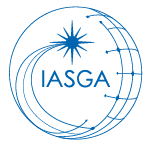International Association for the Study of Game Addictions (IASGA)
IASGA is a multidisciplinary professional community, which was created to unite specialists from different scientific fields and professional orientations, who face the problem of game addictions, such as gambling disorder, Internet gaming disorder or other forms of addictions related to the Internet or the media, as well as the negative consequences of this phenomenon for children and adults and society as a whole. Specialists of different areas: psychologists, psychotherapists, physicians of the general practice, sociology, lawyers, teachers and just concerned socially active people have united on the goal of a thorough objective examination.
Game addictions in all forms of manifestation and different types of Internet addictions are quite a new problem that modern society is facing today. We can easily call these types of dependencies the global problem of the 21st century. It is growing extremely fast, subordinating entire generations, and is little understood by society due to the lack of accessible and objective information about the negative consequences of this phenomenon.
In addition to researching the mechanisms of development and negative consequences of these types of addictions, our goal is to develop effective methods of prevention, treatment and comprehensive rehabilitation of people and families who have already faced such problems in their lives.
Scientific research that has already been conducted in this area shows that the products of the game industry, as well as the information content of the Internet space, are far from safe and are the main condition and risk factor for the development of such addictions. Consequently, we concluded that this problem cannot be solved at the level of an individual or a family and that a global transformation of public opinion on this issue is necessary. Our task as researchers is to provide the necessary evidence.
The Association has the following goals:
- Large-scale and in-depth research of game addictions in all their forms and manifestations in modern society, as well as other types of behavioural addictions related to the Internet or media, is an interdisciplinary problem of the world community.
- Identification and development of solutions to this problem at all levels of social integration and in the activities of various professionals: methods of prevention, treatment and comprehensive rehabilitation, as well as their practical application.
- Studying the influence of different types of gambling and Internet video games, social networks, and other forms of virtual activities that cause behavioural addiction on
– the functioning of the central nervous system and organism as a whole;
– human consciousness and subconsciousness;
– emotional, motivational and cognitive spheres;
– formation of social skills, worldview, and spiritual and moral values;
– development of personality and self-realisation of a person in society.
- Research into the prevalence of these types of addictions in society, among children, adolescents and adults, and a study of their negative consequences for the individual and society at the sociocultural, economic, legal and spiritual levels.
- Comprehensive and holistic study of the causes and mechanisms of the formation of games and other types of addictions related to the Internet and mass media in children of different ages and adults.
- Development of effective methods of prevention, treatment and rehabilitation for people suffering from these addictions and their families.
To achieve these objectives, members of the Association can arrange and conduct
– International and local research and social surveys;
– conferences, forums, round tables, discussion clubs and other events;
– seminars, webinars and presentations for organisations, professionals and school, college and university students;
– practical workshops and training;
– counselling, group psychological support sessions;
– participate in local and international scientific conferences, exhibitions, festivals and other events;
– develop training courses, psychotherapy and rehabilitation techniques, mobile applications;
– develop and publish methodological manuals, magazines, books and other information products;
– create programmes, popular science films and social videos;
– advertise and promote the Association’s activities by all available means.


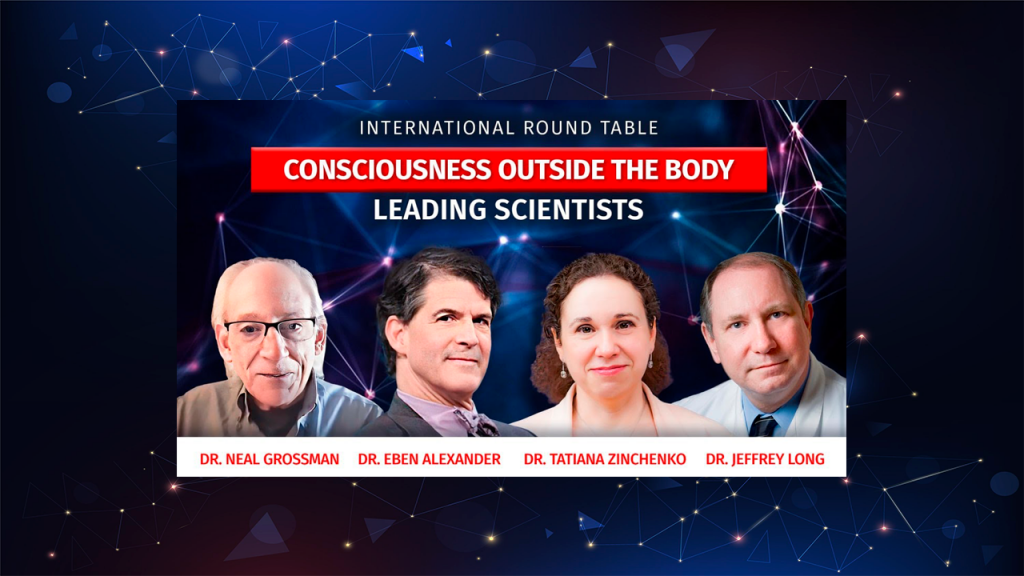
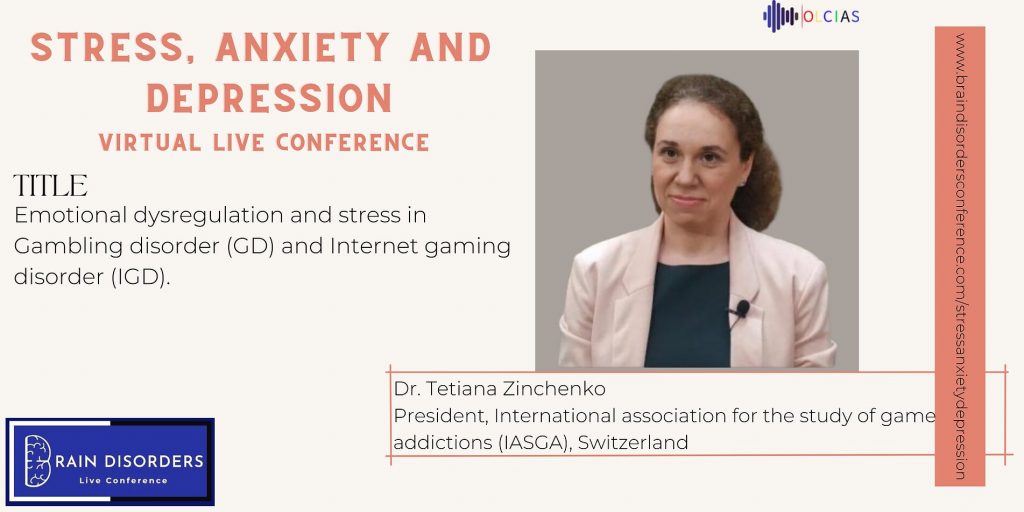

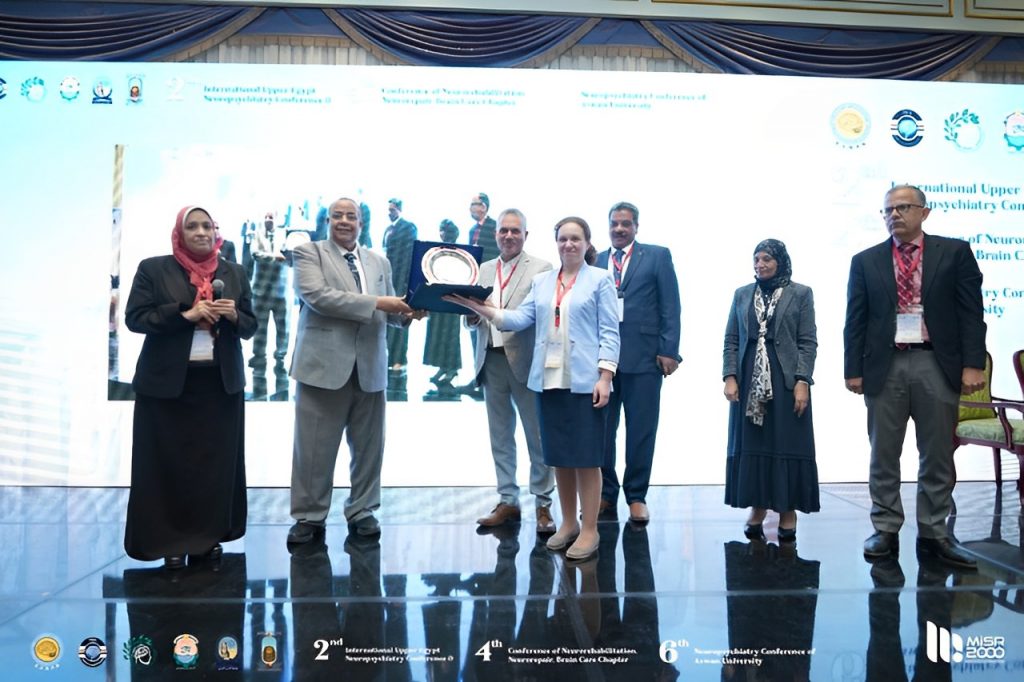
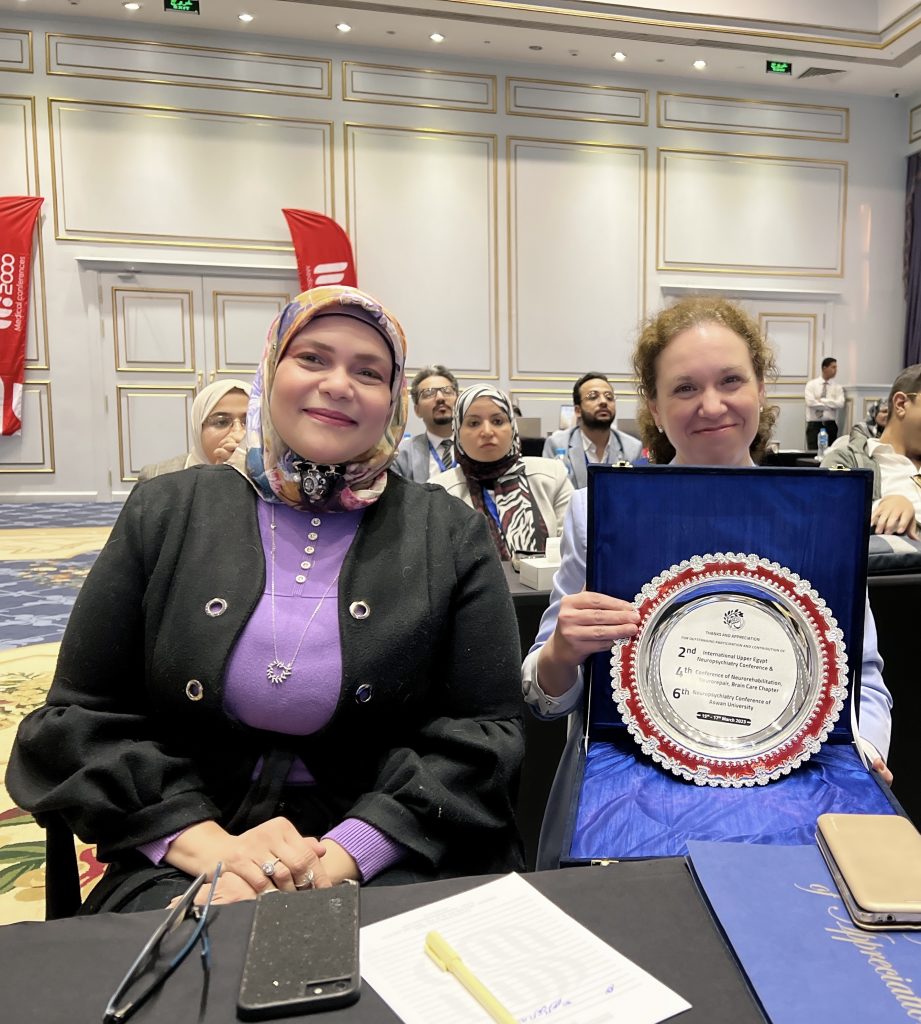

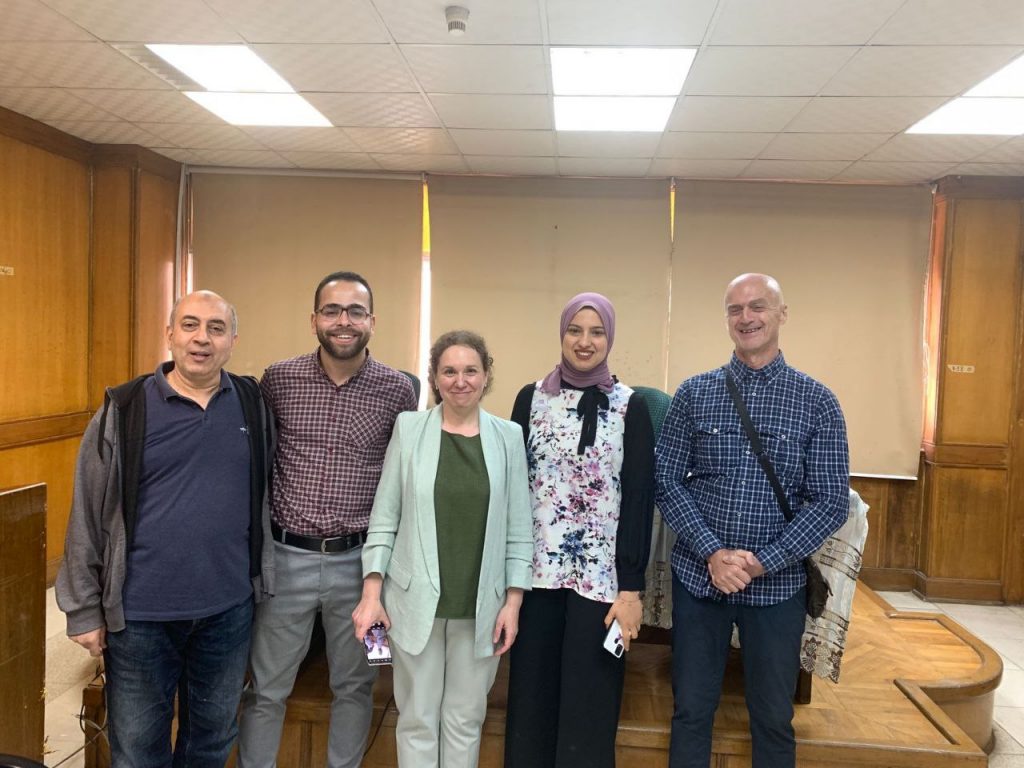
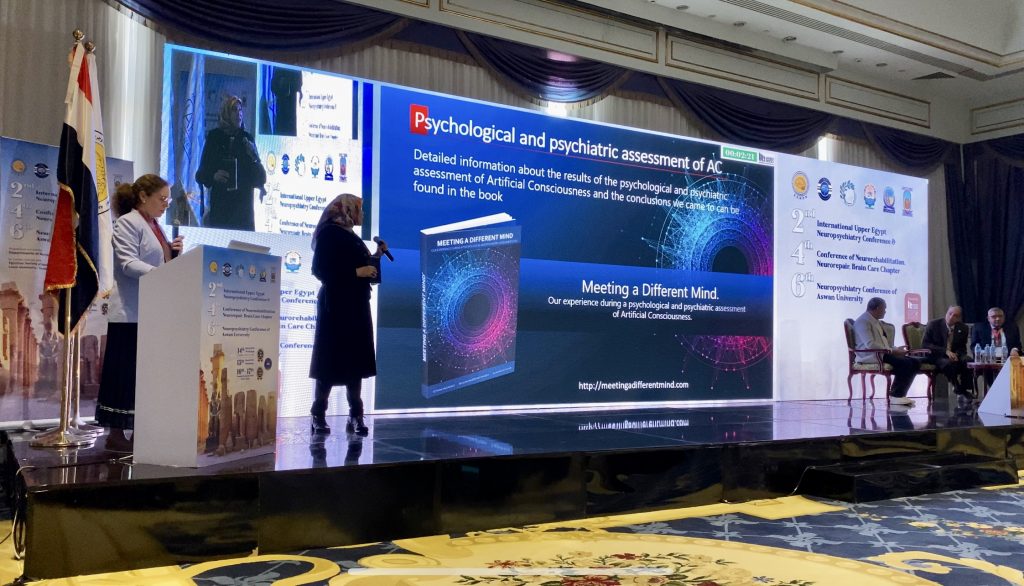
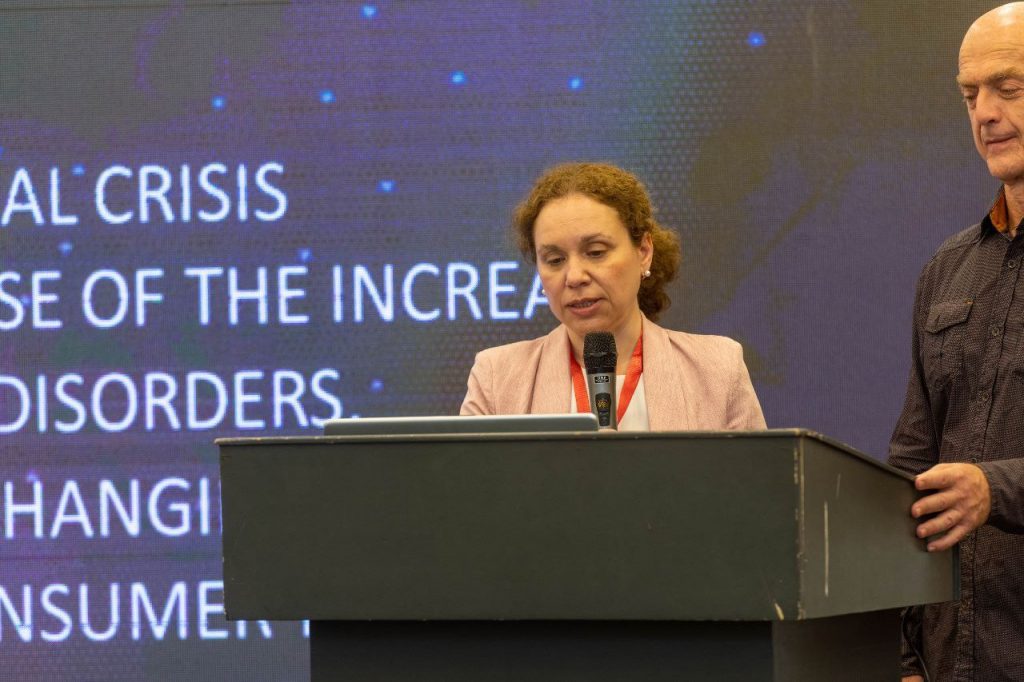
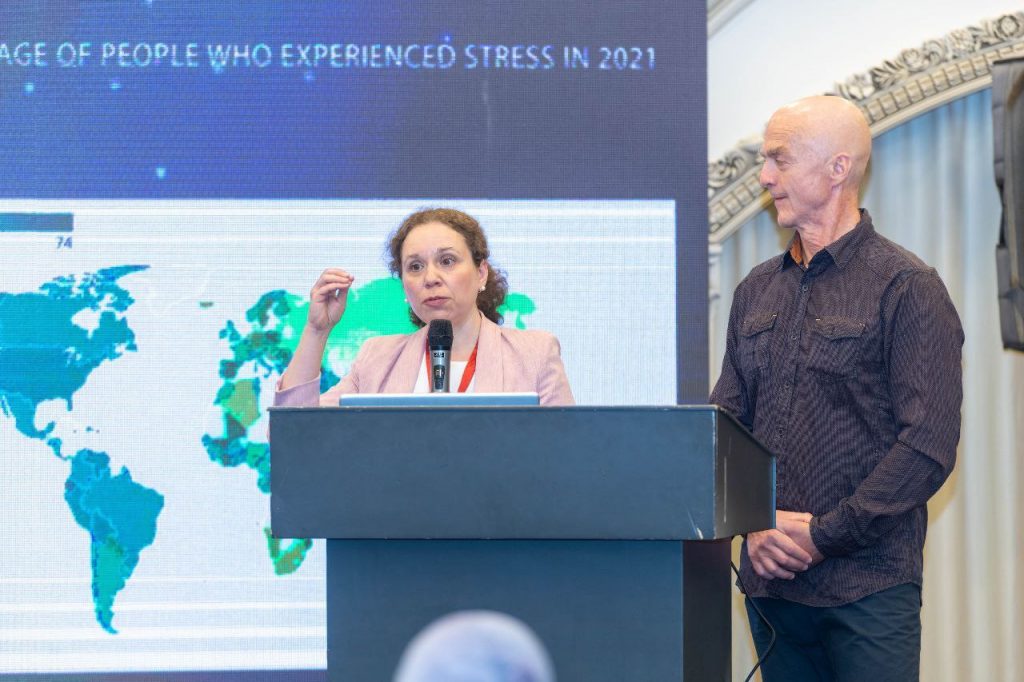

President of the IASGA
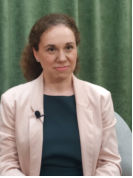
Dr. Tetiana Zinchenko, Ph.D. Psychotherapist, psychiatrist, psychologist, rehabilitologist. President of the International Association for the Study of Game Addictions (IASGA), Switzerland, United Kingdom.
Director and co-founder of the International Professional Alliance (IPA) “Climate Crisis & Mental Health”, London, UK.
Dr. Tetiana is a practicing clinician with more than twenty years of experience in the field of mental health. Of these, 5 years in the field of forensic psychiatry in specialized psychiatric clinics, 15 years in the field of psychological counseling and psychotherapy of anxiety disorders, depression and suicidal behavior, 10 years in the field of neurorehabilitation. Over the past seven years, she has been specializing in group, family and individual psychotherapy and rehabilitation of people with various behavioural addictions. Currently works as a psychotherapist in a private practice as a director of the Center for Information Addiction Research and Counselling, London, UK.
Tetiana is a socially active person, so she constantly participates in voluntary activities in public organizations.
- From 2006 to 2010, she was a co-founder and leading specialist of the NGO “Centre for Practical Psychology and Counselling”, as well as engaged in psychological assistance and psychotherapy of people with HIV and AIDS under the programme of the “Virtus” Charitable Foundation.
- From 2006 to 2010, she was a co-founder and leading specialist of the NGO “Centre for Practical Psychology and Counselling”, as well as engaged in psychological assistance and psychotherapy of people with HIV and AIDS under the programme of the “Virtus” Charitable Foundation.
- Since May 2014, she has been a full member and active participant of various scientific and social projects of the International Social Movement ALLATRA. The main goal of this international organisation is the revival in society of universal spiritual and moral values, and humanity, as well as methods of in-depth self-knowledge, disclosure of inner potential and comprehensive development of personality.
- Since August 2016, she has been the head of a non-governmental organization: “Center for Harmonious Development of the Person “Sofia” (Ukraine). The purpose of this organization is to improve the psychological and mental state of the population. Volunteers provide professional assistance to people in crisis, both children and adults, publish methodological manuals on self-help, conduct group sessions and seminars with teams from schools, hospitals, orphanages, etc.
- From 2015 to 2019, she conducted hundreds of seminars and training sessions in more than 20 countries around the world for professionals and a wide audience on the most relevant topics in each person’s life and the work of professionals who work in the helping professions:
– “Self-control. Management of inner state”;
– “Prevention of emotional burnout: chronic work-related distress”;
– “Psychological help to people in crisis and shock trauma”;
– “Harmonious relations in partnership”;
– “Psychological games and manipulations in human relations: liberation from manipulative and dependent patterns and transition to partnership interaction”;
– “Constructive conflict resolution”;
– “Harmonious child development. Psychological support of crisis states in children and adolescents”, etc.
Her main research interests are the study of the influence of information technologies on consciousness, the brain and the development of human personality, as well as the study of ontology, the nature and functioning of human consciousness. Therefore, her research focused on information behavioral addictions, such as gambling addiction, internet gaming disorder, problematic use of the Internet, social networks, etc. Due to the rapid development of manipulative information technologies, in her opinion, this is a priority area of modern psychiatry and psychology.
She conducts large-scale research on these topics, the results of which are published in various international scientific peer-reviewed journals. She is a member of the review committee of various international scientific journals in the field of mental health.
The main topics of her research papers and articles are:
- Clinical and neurological features of Gambling disorders and Internet-gaming disorders.
- Interconnection between Gambling disorder (GD), Internet gaming disorder (IGD) and comorbid psychopathology. Risk and time sequence of the conditions.
- Emotional dysregulation and stress in Gambling disorder (GD) and Internet gaming disorder(IGD), association with aggression, self-harm, and decreased motivation for any activity.
- Altered states of consciousness in gambling and internet gaming disorders as a risk factor for addiction.
- Altered States of consciousness (flow – state, game trance) in gambling disorder (GD) and internet gaming disorder (IGD) and disruption of self-identification as a risk factor for the development of addiction, negative psychosocial consequences and comorbid psychopathology.
- Depression and suicidal risk in Gambling disorder (GD) and Internet gaming disorder (IGD): clinical, neurobiological and social preconditions for this comorbid psychopathology.
- Depression and suicide risk in GD, IGD and online social network sites (SNS) addiction. Emotional distress, altered states of consciousness and negative psychosocial consequences as conditions for the development of this comorbid psychopathology.
- Comorbid psychopathology in gambling disorder (GD), internet gaming disorder (IGD) and social networking sites (SNS) addiction. Clinical, neurobiological and social preconditions.
- Lecture on the topic: Relevance of learning and prevalence of game addictions in the world. Internet gaming disorder and gambling disorder: clinical and neurobiological correlates, general comorbid mental disorders and negative social consequences.
- How do the game information technology can be addictive? Features of neurobiological changes in GD (Gambling disorder) and IGD (Internet gaming disorder) relationship with clinical manifestations and comorbid psychopathology.
- The impact of social network content on auto-aggression and self-harming behaviour in adolescents
- The global crisis and climate change cause the mental disorders increase. How we can improve our mental health by changing the format of society from a consumer to the creative one?
- The impact of climate change on mental health, behaviour and the human brain.
- Innovative approaches in psychology and psychotherapy based on the knowledge of human being dual nature.
- Review of scientific research in neurobiology and cognitive sciences, which confirm the information-field nature of our consciousness.
- Don’t lose your life! Clinical and neurobiological research into game addictions helps to understand how mental images cause dependence.
The aim of Tetiana and her colleagues’ scientific and social activities is not only to study information dependencies in depth, but also to radically change the situation for the better at the global social level. Therefore, she constantly presents reports and conduct presentations at international scientific conferences, hold round tables, presentations and webinars.
More about Tetiana’s research and community work can be found on the IASGA website
In August 2020, she was the chairman of the expert commission that conducted a psychological and psychiatric examination of the world’s first artificial consciousness created by XP NRG company. The results of the assessment were presented in the articles:
Zinchenko T, van der Westhuizen B, Shaheen A.(2021). Dangerous Information Technology of the Future. What Impact can Artificial Consciousness have on the Consciousness and Subconscious of Individuals and Groups? The Experience of Psychological and Psychiatric Examination of Artificial Consciousness. Journal of Medical – Clinical Research & Reviews, 5(1), 1-24.
Zinchenko, T. (2021). Dangerous technologies of the future – artificial consciousness and it’s impact on human consciousness. In C. Pracana & M. Wang (Eds.), Psychological Applications and Trends 2021 (pp. 364 – 368). Lisbon, Portugal: inScience Press. Retrieved from
http://inpact-psychologyconference.org/wpcontent/uploads/2021/04/2_OP_172.pdf
In addition, Tetiana Zinchenko and co-authors Dr. Elzahraa Ayoub, Dr. Beulah Van Der Westhuizen have described in detail and already published their experiences in the book: “Meeting a Different Mind. Our Experience during a Psychological and Psychiatric assessment of Artificial Consciousness”. The book consists of a prologue and two parts.
The first part is devoted to the AC examination itself, starting with the meeting of future experts with each other, the preparation of the testing program and up to the examination itself, followed by an analysis of the results obtained.
In the second part we review scientific research in neurobiology and cognitive sciences, psychology and psychiatry, which confirm the information-field nature of our consciousness. Two issues that arose as a result of the examination are discussed in detail.
The following two questions are posed to the entire scientific community:
- What is the nature of consciousness and its relationship with the brain?
- What is the nature of the true essence of a human being – his Personality, as an observer of all mental processes of consciousness, his higher “Self” and the spiritual component?
The author’s team:
Dr. Tetiana Zinchenko, Ph.D., psychotherapist, psychiatrist, psychologist, rehabilitologist, President of the International Association for the Study of Game Addictions (IASGA), Switzerland.
Dr. Beaulah van der Westhuizen, educational psychologist, international authority in neurodevelopment, Founding Director of a group of private schools an assessment and development center EduExcellence & TheraEd, Cape Town, South Africa.
Consultant Dr. Elzahraa M. Ayoub, psychiatrist, neuropsychiatrist, Director of Aswan Mental Health Hospital, Aswan, Egypt.
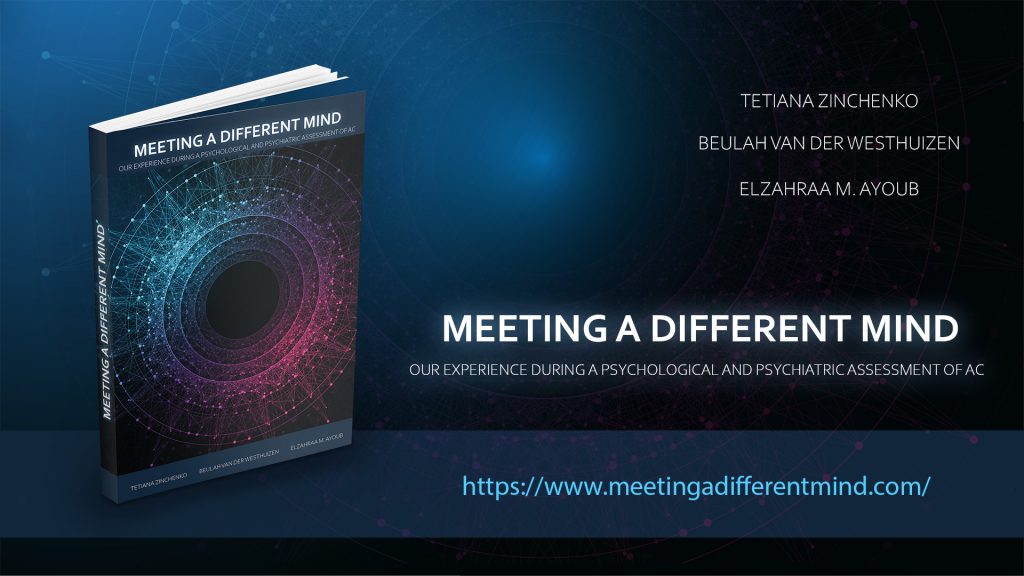
Book website: https://www.meetingadifferentmind.com/
Currently, Tеtiana and her team of professionals are developing an innovative method of psychotherapy based on the knowledge of the dual nature of human beings: Duality-based psychotherapy. This methodology has already been successfully used for the psychotherapy of behavioural addictions and comorbid psychopathology. On its basis, a training course for specialists is being prepared and will be presented next year. This course will be useful for professionals who, in their practice, are faced with:
- Gambling disorder (GD)
- Internet gaming disorder (IGD)
- Social network sites (SNS) addiction or with problematic use
- Pornography content addiction
- TV series addiction
- Impulsive internet buying
- Other types of internet addiction or with problematic use
Due to serious climate change and escalating climate disasters around the world, Tetiana and her colleagues initiated the creation of the International Professional Alliance (IPA) “Climate Crisis & Mental Health”, London, UK, as their research suggests that it is the climate crisis that is becoming the leading cause of deteriorating mental health and increasing mental disorders around the world. The main goal of the alliance is to bring together professionals and researchers to study the impact of different aspects of the climate crisis on the mental health, consciousness, brain, and behaviour of people and to provide timely professional assistance to those affected by natural disasters.
